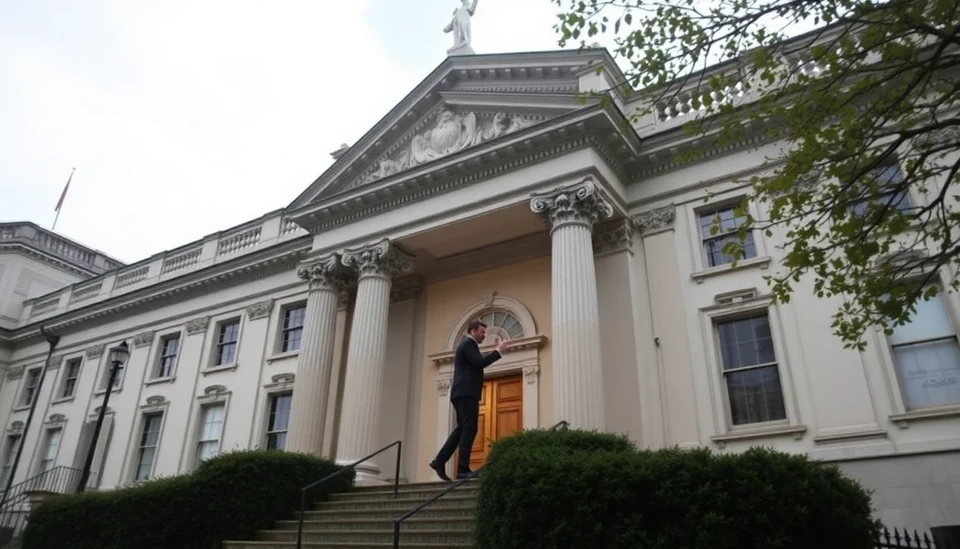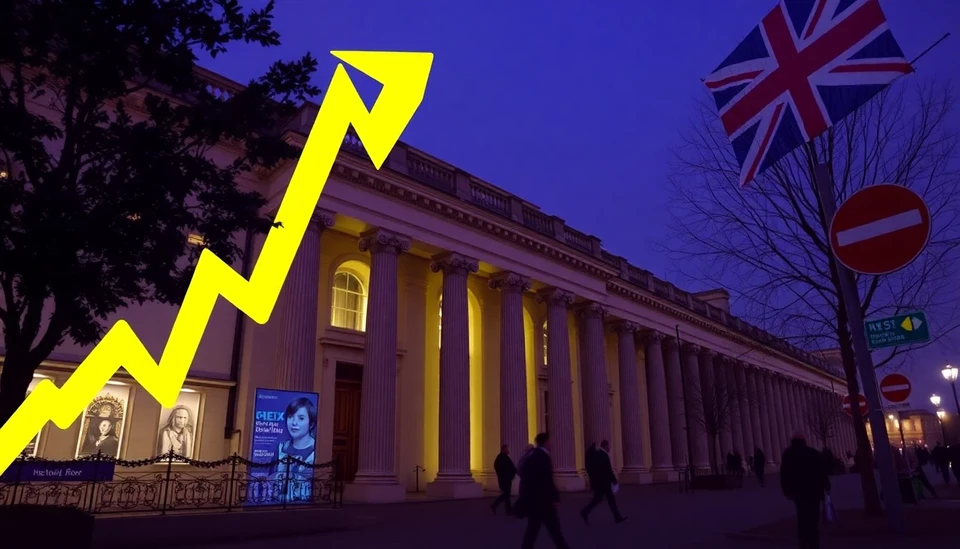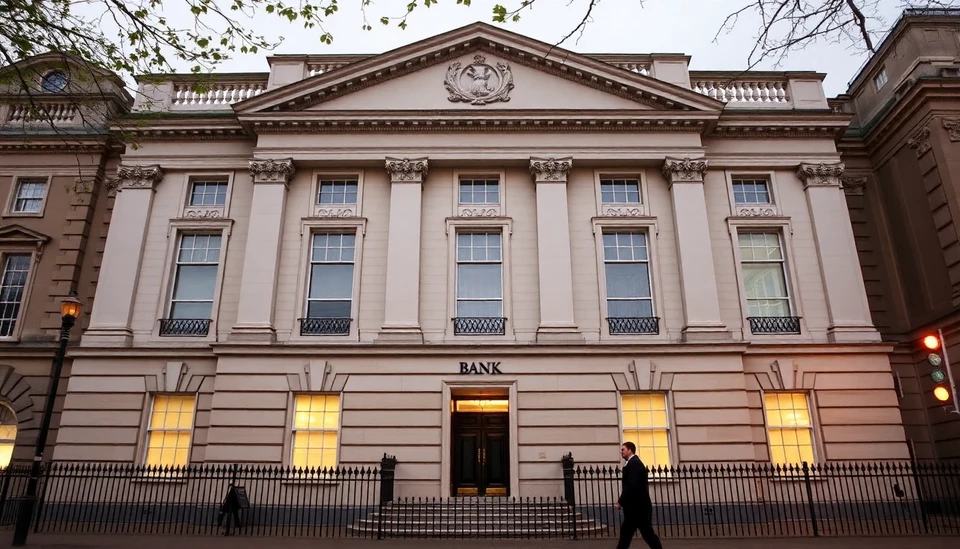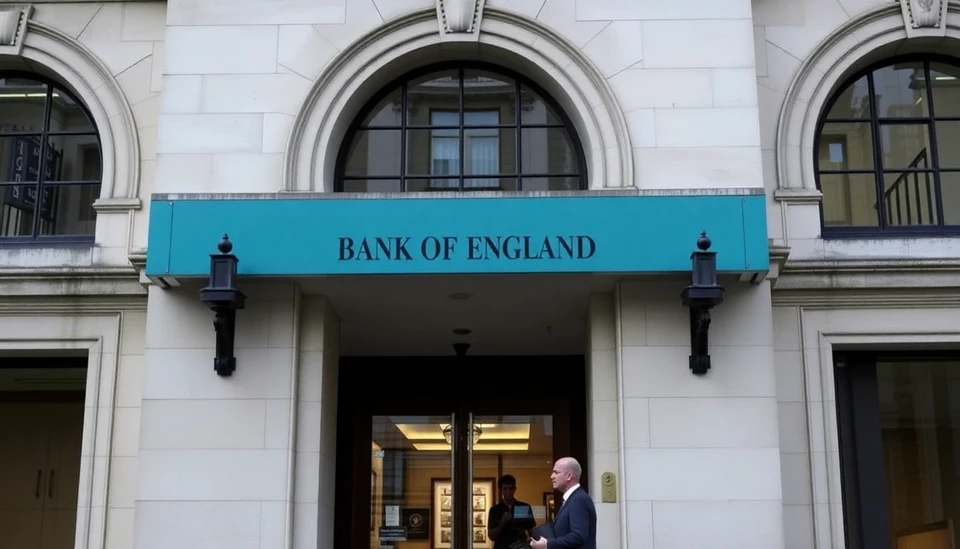
In a recent statement that has stirred discussions in the financial world, Bank of England Governor Andrew Bailey linked the resurgence of market volatility to the return of tariffs imposed during Donald Trump’s presidency. Bailey voiced concerns over how these tariffs are affecting not only British financial markets but also broader economic stability.
During an official speech, Bailey emphasized that the imposition of such tariffs has introduced unwelcome fluctuations in bond markets. These changes are primarily seen in the UK but have global implications given the interconnected nature of financial systems. The Governor pointed out that the uncertainty created by these trade policies has led to significant shifts in government bond yields, impacting investor sentiment and leading to increased borrowing costs.
Bailey's remarks come at a time when the Bank of England is navigating through a complex economic landscape characterized by rising inflation and changing consumer behavior. The effects of previous governmental decisions in the U.S. have, according to Bailey, played a role in complicating the BOE's maneuvers to stabilize the UK economy.
The latest data reveals that the bond market reactions have been quite pronounced, with yields fluctuating significantly in response to changing political climates and trade policies. Analysts warn that continued trade tensions may yield further instability in the bond markets, causing ripple effects that could influence central bank policies worldwide.
Moreover, Bailey indicated that the ripple effects from these tariffs are more profound than often realized. The uncertainty they create can result in adverse economic consequences, where businesses hesitate to invest, consumers curtail spending, and overall growth becomes stunted. The BOE's challenge is to mitigate this volatility while ensuring that financial stability is maintained.
Market analysts are already speculating how the situation will evolve, with many anticipating that bond markets may remain choppy until there is clarity surrounding trade relations and government policies. Bailey’s commentary serves as a reminder of the delicate links between fiscal policy, international relations, and economic stability.
In conclusion, Bailey's discussion reflects a broader commentary on how the past decisions of a former administration in the U.S. continue to impact global markets. As the Bank of England continues to navigate these turbulent waters, the focus will undoubtedly remain on how external factors, particularly trade disputes, influence monetary policy and economic outlooks in the future.
#BankOfEngland #AndrewBailey #TrumpTariffs #BondMarket #FinancialVolatility #EconomicPolicy
Author: Laura Mitchell




